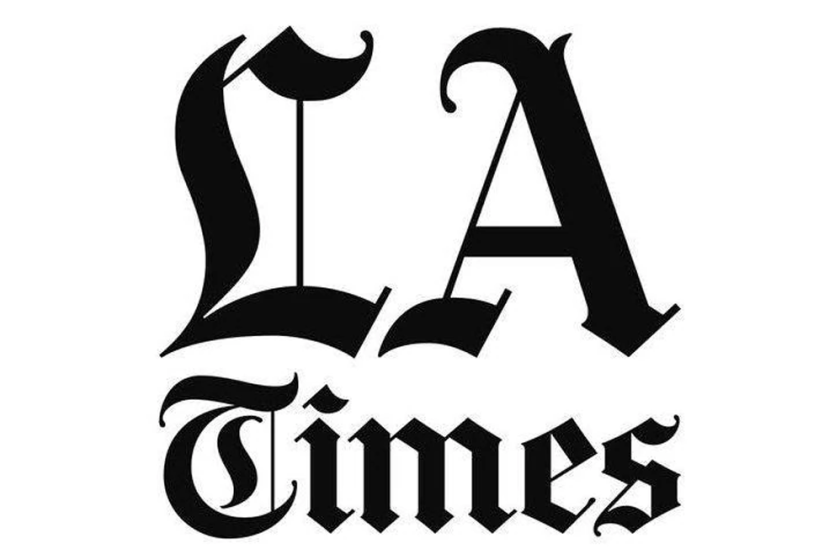Venezuela, Peru play to scoreless draw in Copa America
Porto Alegre — Guatemala steeled itself this Saturday with strong security measures for elections full of uncertainty, given that 48 percent of voters still haven’t decided which candidate they will vote for out of the almost 20 running for president in a country plunged in poverty and inequality.
After almost three months of intense campaigns, on this June 16 more than 8 million Guatemalans can head for polls that will be open from 7:00 am to 6:00 pm at 2,932 locations.
There they can vote for the president and vice president, 160 lawmakers, 20 representatives for the Central American Parliament, and 340 members of municipal governments.
The spokesman for the National Civil Police, Pablo Castillo, told EFE that 42,197 agents will provide security at the vote-counting center of the Supreme Electoral Tribunal, will keep watch on electoral storerooms and materials, will guard power plants and accompany both national and international observers.
The army will share the work, guarding “critical points, areas of strategic importance and the nation’s prisons.”
Starting this Saturday at 12:00 pm and continuing until 6:00 pm next Monday, Guatemala will impose the Dry Law, which bans the sale, distribution and consumption of liquors.
On hand to monitor the process aside from local observers is a mission of the Organization of American States (OAS), directed by former Costa Rican President Luis Guillermo Solis, along with 84 members of 23 nations already stationed at the country’s 22 provinces and in two of the voting stations abroad, one in New York and the other in Silver Spring, Maryland.
This Sunday’s elections are the first in which Guatemalan migrants living in the United States who have registered to cast their ballots - some 63,000 - will be able to vote for the president and vice president who will serve for the next four years (2020-2024).
The presidential candidate leading in the intention-to-vote surveys, though without the majority needed to avoid a second round, is former first lady Sandra Torres of the social-democratic National Unity of Hope party (UNE).
The next four, whose places vary depending on the survey, are former Penitentiary Director Alejandro Giamattei of the Vamos party, the son of former President Alvaro Arzu, Roberto Arzu of the ultraconservative PAN-Podemos, the former UN official Edmond Mulet of the centrist Humanista party, and the indigenous leader and human-rights defender Thelma Cabrera of the leftist Movement for the Liberation of the Peoples (MLP).
The Guatemalan campaign has been marked by court decisions that not only blocked the participation of several candidates like that of former Attorney General Thelma Aldana, and of Zury Rios, daughter of former ex-dictator Jose Efrain Rios Montt, but also by complaints of political patronage.
That, as the head of the Office of Human Rights, Jordan Rodas, told EFE, led to the detention in the United States of the candidate for the National Change Unit (UCN), Mario Estrada, accused of having ties to drug trafficking.
The political situation, plus challenges like poverty, corruption, illegal migration, miserable wages and hunger, have brought about “disillusion” among much of the population, who don’t find any solution at all for their problems among the current political proposals.
Rodas also has his eye on another two matters: the way Oscar Schaad left the country because of the treats he received, and the warning by a group of retired military, who threatened to boycott the elections unless someone listens to their requests and who cry out “We know how to make bombs!”
These two “grave” incidents, Rodas said, are a “clear sign of our rundown justice system pitted against the powers resisting the new times.”
“In this context, there’s not much hope,” said Rodas, who even so calls on Guatemalans to make use of their right to a secret ballot, the only tool for changing the country, and while there are few political choices that represent real change, Congress will get a “breath of fresh air” and “new voices” that will help strengthen democracy.



